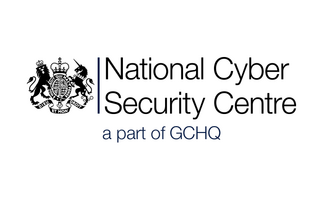The government needs to take a long-term approach to protecting against the risk of cyber-attacks, says Public Accounts Committee chair.
The UK should develop a kitemark system for electronic devices and websites to warn consumers of their security risks, MPs have suggested. According to the Public Accounts Committee (PAC), Brita...
To continue reading this article...
Join Computing
- Unlimited access to real-time news, analysis and opinion from the technology industry
- Receive important and breaking news in our daily newsletter
- Be the first to hear about our events and awards programmes
- Join live member only interviews with IT leaders at the ‘IT Lounge’; your chance to ask your burning tech questions and have them answered
- Access to the Computing Delta hub providing market intelligence and research
- Receive our members-only newsletter with exclusive opinion pieces from senior IT Leaders






















